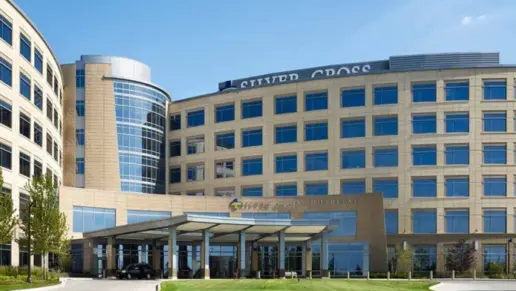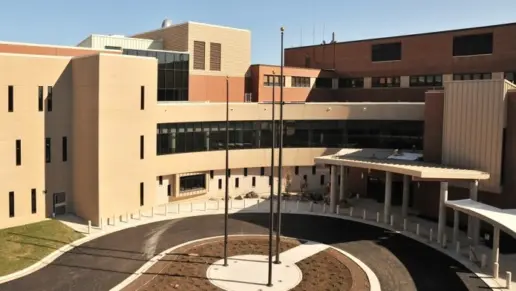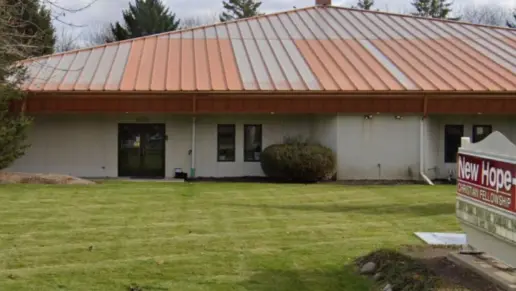About Habilitative Systems – Clara Hope House
Everyone is welcome regardless of their ability to pay. Services are offered on a discounted, sliding fee scale based on family size and income. They’re committed to creating an inclusive environment and providing care without discrimination.
HSI has deep roots in the community. They started in 1978 as part of the Claire Christian United Methodist Church Ministry. They were the first African American agency to open a licensed group home, Drake House, for adolescent boys. They also created a sheltered workshop for people with developmental disabilities.
Today, HSI is still making a real impact. They’re helping people in crisis with 24/7 mobile support teams and making healthcare more accessible and culturally sensitive. They’re also working with state programs to improve communities that have been hurt by violence and lack of resources. Their goal is to create better opportunities and care where it’s needed most.
Their adult mental health program offers case management to help each resident get the behavioral health support they need. They connect residents with other agencies that offer outpatient addiction treatment, vocational counseling, financial help, medical care and counseling.
Counseling is an important part of getting well and working toward a sober lifestyle. They provide individual, group and family counseling. Individual counseling offers personal support, while group counseling creates a space to share experiences with others going through similar challenges. Family counseling helps improve communication and rebuild relationships.
Clara Hope House creates a welcoming environment with a strong support system. It’s a place where people can find the guidance and encouragement they need to make lasting changes.
Rehab Score
Gallery
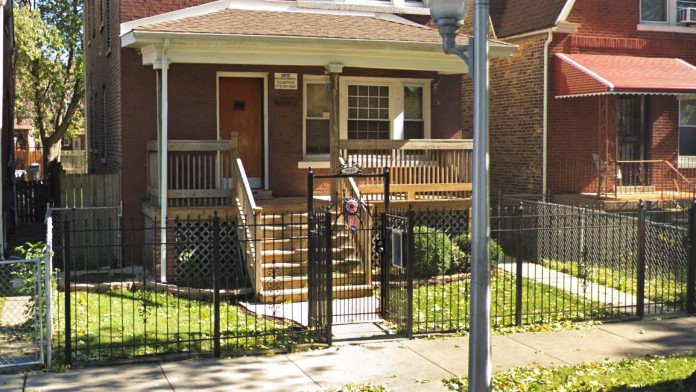
Other Forms of Payment
Private insurance refers to any kind of healthcare coverage that isn't from the state or federal government. This includes individual and family plans offered by an employer or purchased from the Insurance Marketplace. Every plan will have different requirements and out of pocket costs so be sure to get the full details before you start treatment.
Self-pay involves paying for treatment out of your own pocket. You can use savings or credit, get a personal loan, or receive help from family and friends to fund your treatment. If you don't have insurance or your insurance plan doesn't cover a specific program, self-pay can help ensure you still get the care you need.
Sliding scale payments are based on a client's income and family size. The goal is to make treatment affordable to everyone. By taking these factors into account, addiction recovery care providers help ensure that your treatment does not become a financial burden to you or your family, eliminating one barrier to care.
Medicare is a federal program that provides health insurance for those 65 and older. It also serves people under 65 with chronic and disabling health challenges. To use Medicare for addiction treatment you need to find a program that accepts Medicare and is in network with your plan. Out of pocket costs and preauthorization requirements vary, so always check with your provider.
Addiction Treatments
Levels of Care
 Outpatient
Outpatient
 Inpatient
Inpatient
 Aftercare Support
Aftercare Support
 12-Step
12-Step
 Sober Living Homes
Sober Living Homes
Treatments
Many of those suffering from addiction also suffer from mental or emotional illnesses like schizophrenia, bipolar disorder, depression, or anxiety disorders. Rehab and other substance abuse facilities treating those with a dual diagnosis or co-occurring disorder administer psychiatric treatment to address the person's mental health issue in addition to drug and alcohol rehabilitation.
Mental health rehabs focus on helping individuals recover from mental illnesses like bipolar disorder, clinical depression, anxiety disorders, schizophrenia, and more. Mental health professionals at these facilities are trained to understand and treat mental health issues, both in individual and group settings.
Programs

Adult Program

Young Adult Program
Clinical Services
Group therapy is any therapeutic work that happens in a group (not one-on-one). There are a number of different group therapy modalities, including support groups, experiential therapy, psycho-education, and more. Group therapy involves treatment as well as processing interaction between group members.
In individual therapy, a patient meets one-on-one with a trained psychologist or counselor. Therapy is a pivotal part of effective substance abuse treatment, as it often covers root causes of addiction, including challenges faced by the patient in their social, family, and work/school life.
Research clearly demonstrates that recovery is far more successful and sustainable when loved ones like family members participate in rehab and substance abuse treatment. Genetic factors may be at play when it comes to drug and alcohol addiction, as well as mental health issues. Family dynamics often play a critical role in addiction triggers, and if properly educated, family members can be a strong source of support when it comes to rehabilitation.
Life skills training in Illinois gives you the tools you need to meet daily demands. These fall into three main categories: personal skills, interpersonal skills, and cognitive skills. While in rehab, you'll work on each of these areas as part of your recovery treatment.
Amenities
-
Residential Setting
-
Private Rooms
Staff & Accreditations
Staff
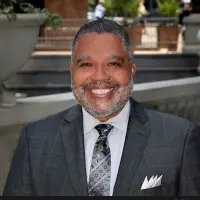
Donald J. Dew, MSW, ACSW
President & CEO

Karen D. Barbee Dixon, Ed.D
COO

Jason House
CFO

Laura Pleasants
VP of Quality Improvement and Monitoring

Della Akres
Executive Assistant

Melvin Brooks, Esq
Chairperson

Morris Allen
Treasurer

Antoinette Bryant
Secretary
Accreditations

The Commission on Accreditation of Rehabilitation Facilities (CARF) is a non-profit organization that specifically accredits rehab organizations. Founded in 1966, CARF's, mission is to help service providers like rehab facilities maintain high standards of care.
CARF Accreditation: Yes
Contact Information
1049 N Drake Ave
Chicago, IL 60651
